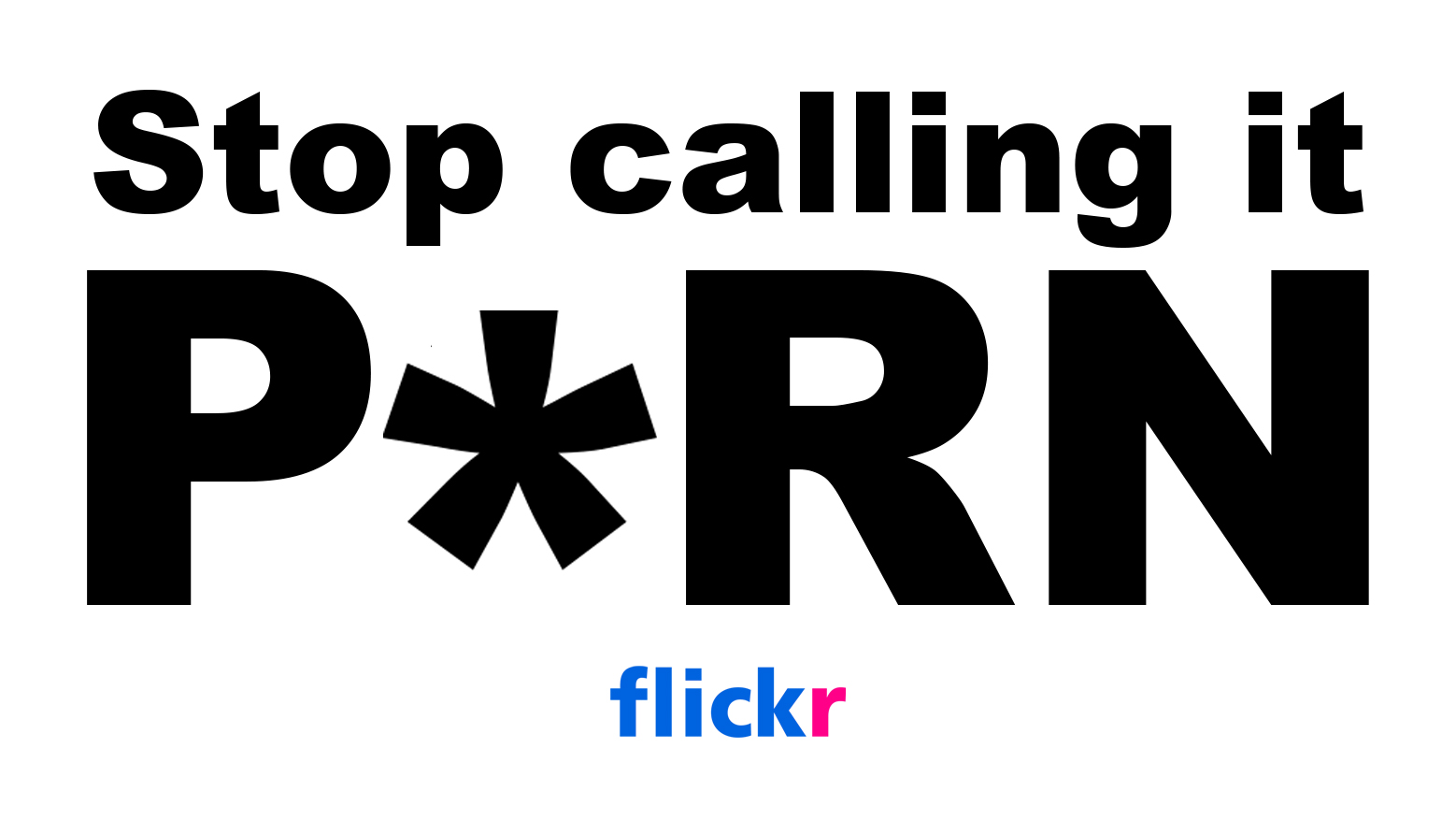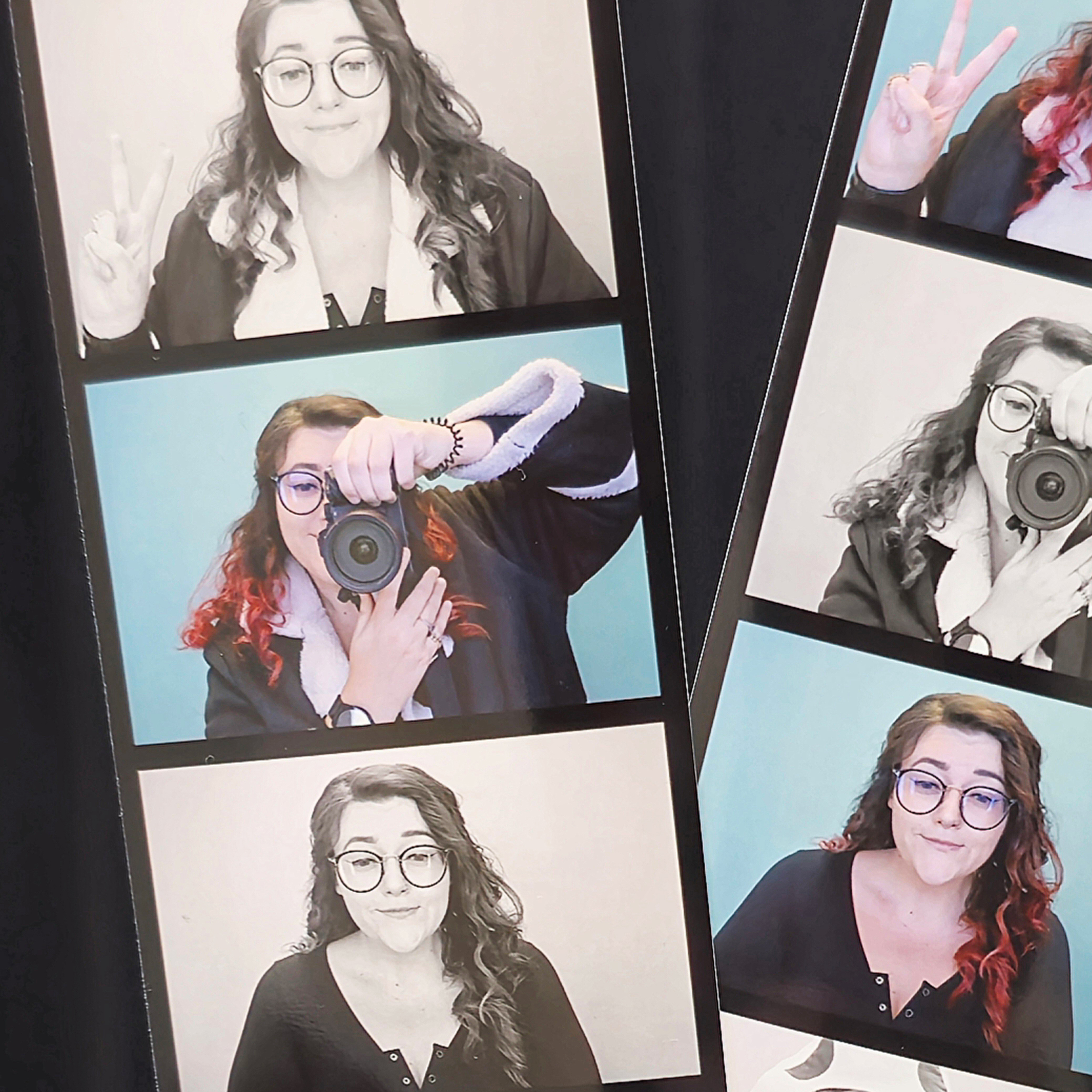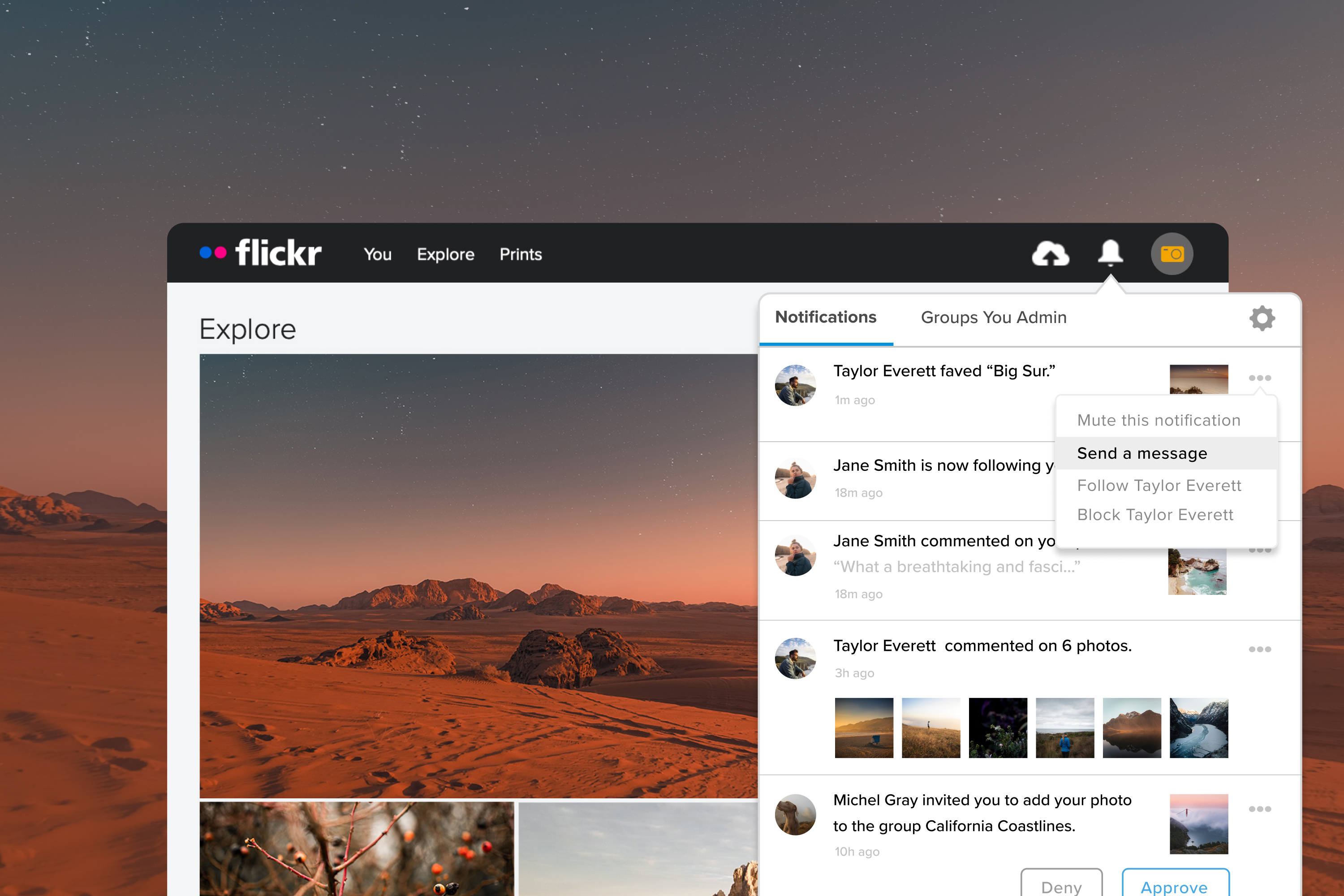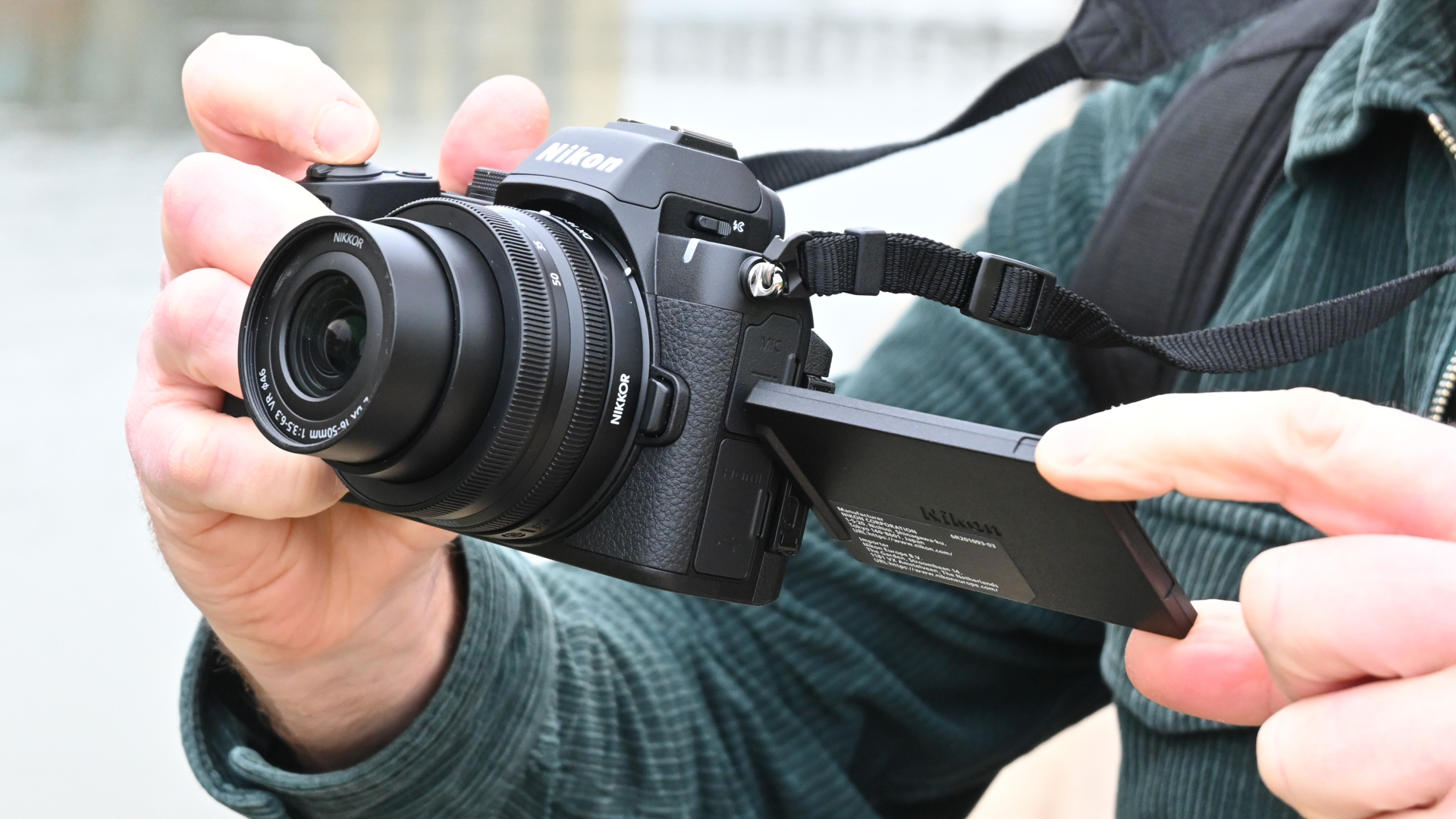Stop Calling it Porn! Flickr's new campaign tackles photography censorship
Porn vs artistic nude content: Flickr will allow restricted or moderate content to be shared in a safe community space

The best camera deals, reviews, product advice, and unmissable photography news, direct to your inbox!
You are now subscribed
Your newsletter sign-up was successful
In an effort to de-stigmatize images that might otherwise be considered risqué or lewd, Flickr is taking the approach to allow its users to upload content under moderate and restricted categories that other platforms have banned.
Uploading even the most subtle of boudoir images can have its risks on social platforms, particularly Instagram, with photographers and content creators facing fears of deletion and banned accounts when doing so.
• Read more: Best camera for portraits
Almost every online photography community has measures in place to protect users from seeing content that could be derived as harmful, offensive, inappropriate or not safe for work (NSFW). While safeguarding content online is an extremely important thing, sometimes harmless images of subjects showing a bit too much shoulder can result in the photographer and subject alike being cautioned or banned from social platforms.
This appears to happen most frequently on Instagram and Tiktok, with creators having their content removed and accounts taken down over what an algorithm deems as a conflict of terms. In the photographic community, boudoir images and those of a more taboo nature are often regarded not as being vulgar, but as a form of fine art. Tasteful nude images have been accepted in society and famous paintings for thousands of years, so why not on social media?
Female bodies in particular are often more subject to shame, with Instagram users having to blur out their nipples to ensure that content remains on the platform – sparking movements such as 'Free the Nipple' whereby the absurdity is highlighted that male nipples are considered appropriate (both in public and on social platforms) whereas female nipples are not. This alone is a huge issue, and a campaign that many celebrities have gotten involved with, but that's a separate article.
The important factor here is that Flickr has taken censorship into its own hands, and is allowing its Pro users to upload and post filtered content that falls into moderate and restricted categories, in an attempt to celebrate these works while also shielding them from communities of Flickr users who do not share this passion.
The best camera deals, reviews, product advice, and unmissable photography news, direct to your inbox!
"From now on, photographers are encouraged to discover, share, and interact with photography without fear of removal [and will have] a safe place online to interact with one another, share mutual interests, and put their art into the world without the fear of it being removed or them being banned entirely from the communities they’re a part of" says Flickr.
A Flickr Pro account, which starts at $8.25 / £6.99 monthly, or $72 / £60 annually, will enable photographers to post otherwise-restricted content to their photostreams, along with the added benefit of unlimited photo uploads (free users are limited to only 1,000 uploads).
"This move will enable more photographers to practice their craft fully," says Don MacAskill, CEO of Flickr. "To us, that means they're not just creating photography that can only live on their camera, but that they also have a home and a community to share those photographs with."
Content considered to be moderate or restricted per Flickr’s community guidelines is now exclusively part of its Pro membership features, and the company has chosen the specific terms 'moderate' and 'restricted' to separate the art from other ambiguous, negative, and catchall terms. It reassures that Flickr's millions of users and communities will be safer and more inclusive, no matter what their focus is.
"By asking members with this type of content to subscribe to Flickr Pro, we can devote more resources to ensuring that their communities remain safe and well-regulated,” adds MacAskill.
Good for Flickr! Whatever your standpoint may be on wishing to view explicit images on a photography platform, this move feels like a win-win situation for all Flickr users as it appears to be clamping down on filtered content slipping through the gaps, as well as sharing it with the communities who do wish to see this form of work.
Read more:
Best lens for portraits
Best Canon portrait lenses
Fine art nude photography: tips and techniques
Boudoir photography tips for images which are classy and creative

Beth kicked off her journalistic career as a staff writer here at Digital Camera World, but has since moved over to our sister site Creative Bloq, where she covers all things tech, gaming, photography, and 3D printing. With a degree in Music Journalism and a Master's degree in Photography, Beth knows a thing or two about cameras – and you'll most likely find her photographing local gigs under the alias Bethshootsbands. She also dabbles in cosplay photography, bringing comic book fantasies to life, and uses a Canon 5DS and Sony A7III as her go-to setup.

